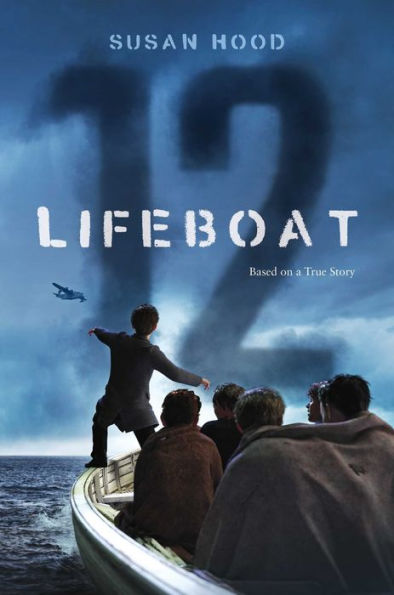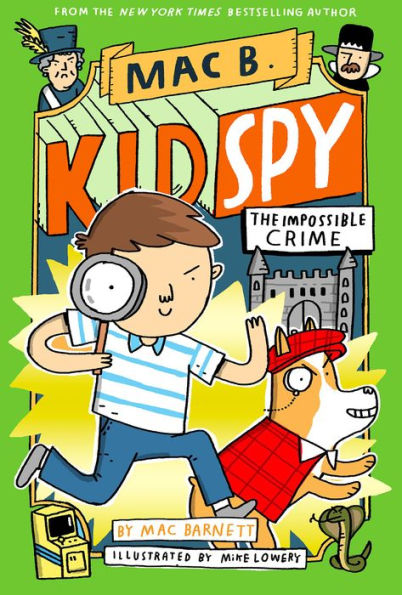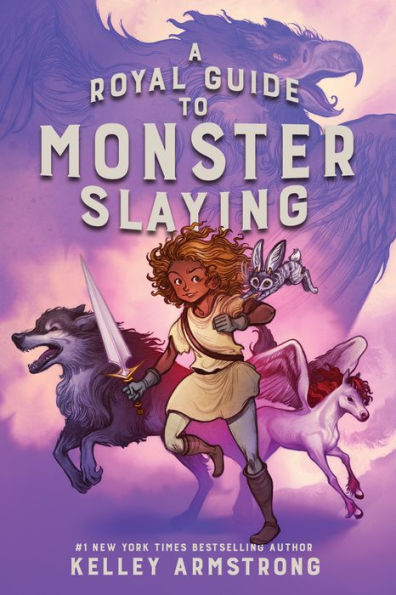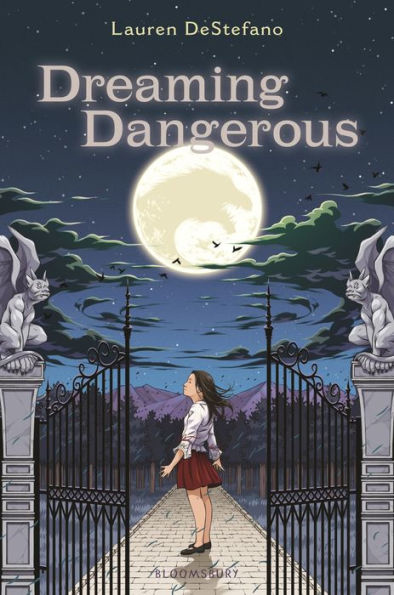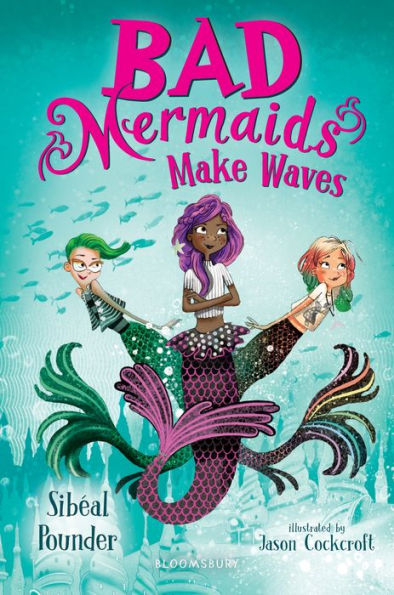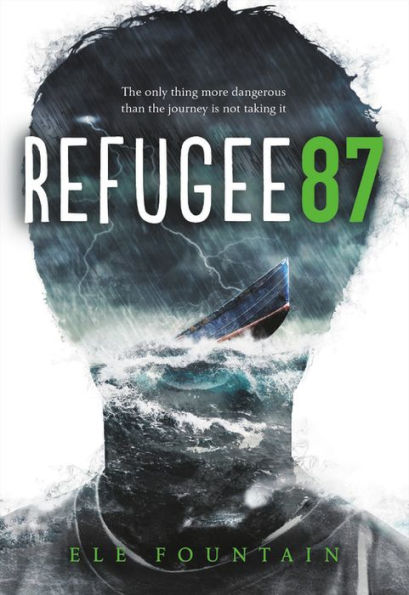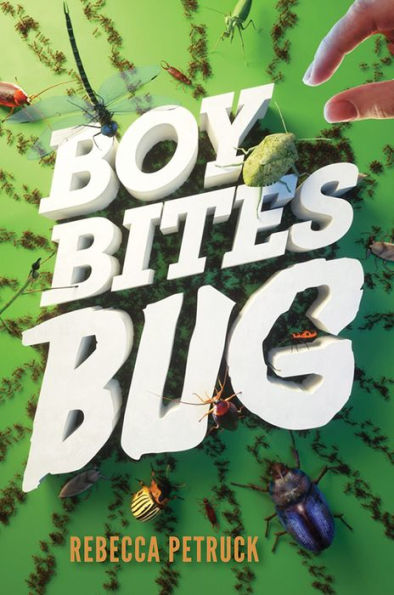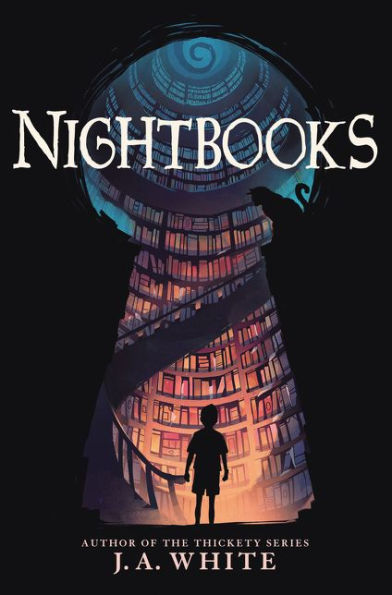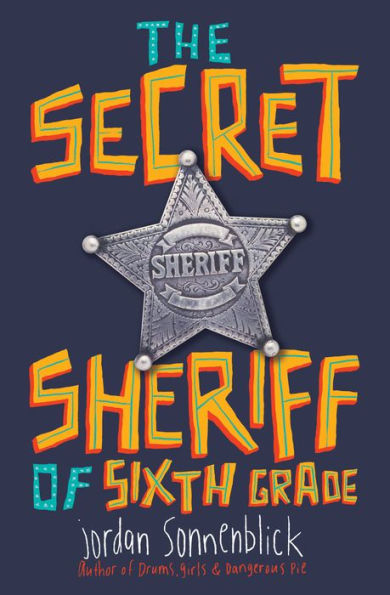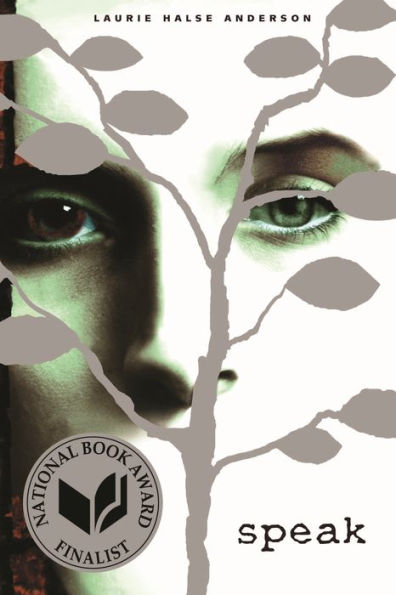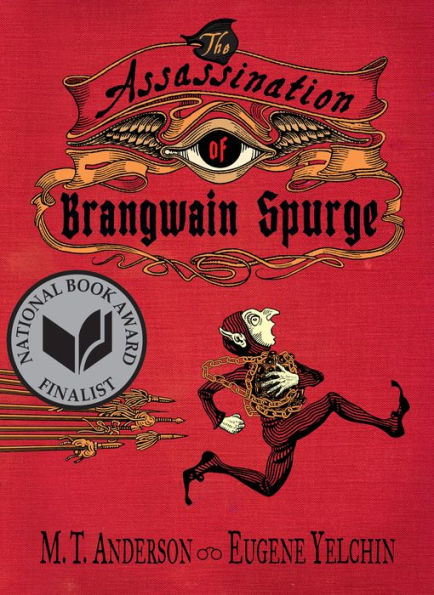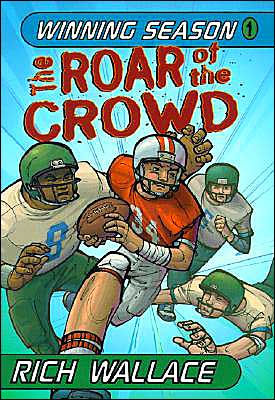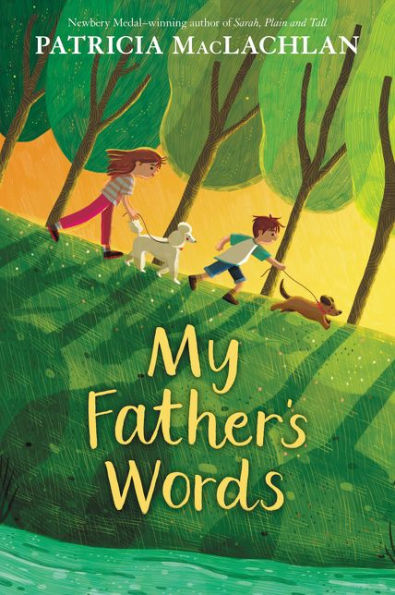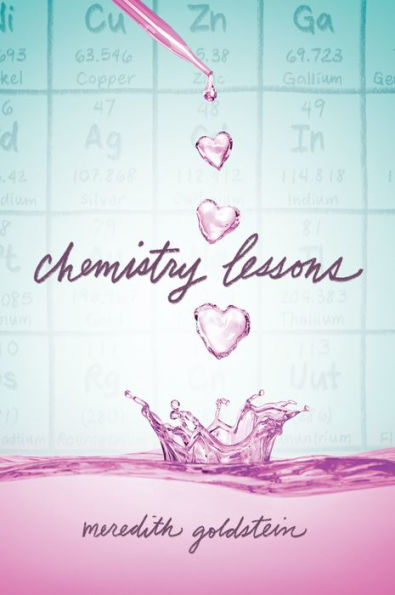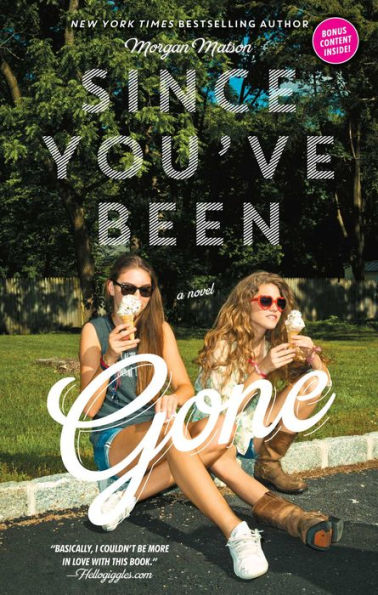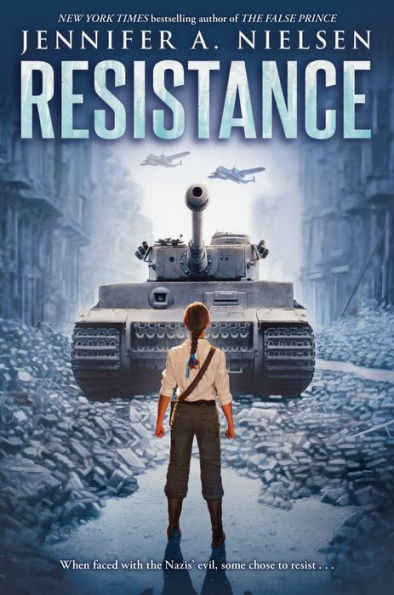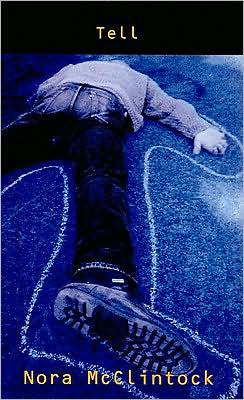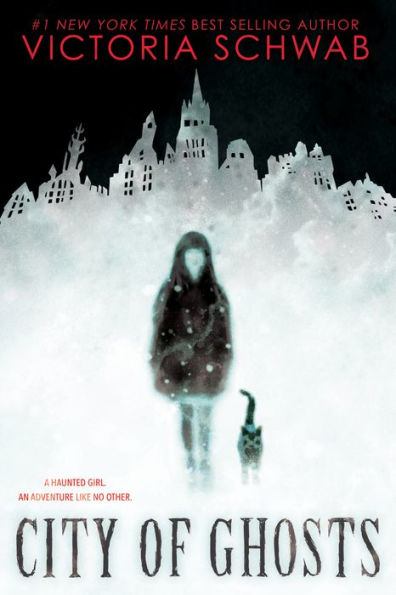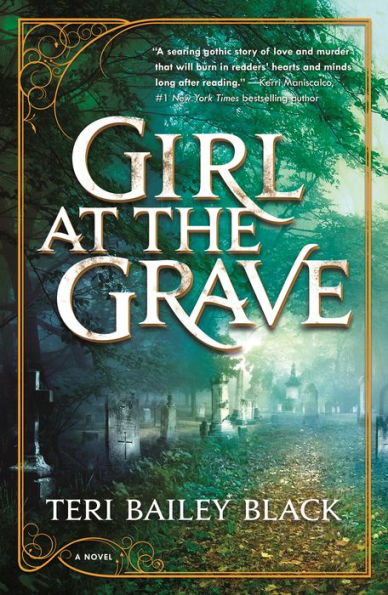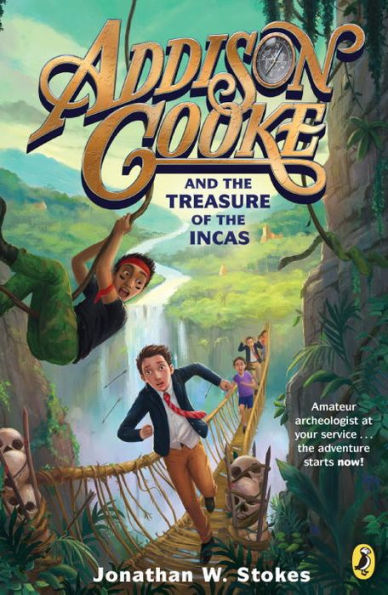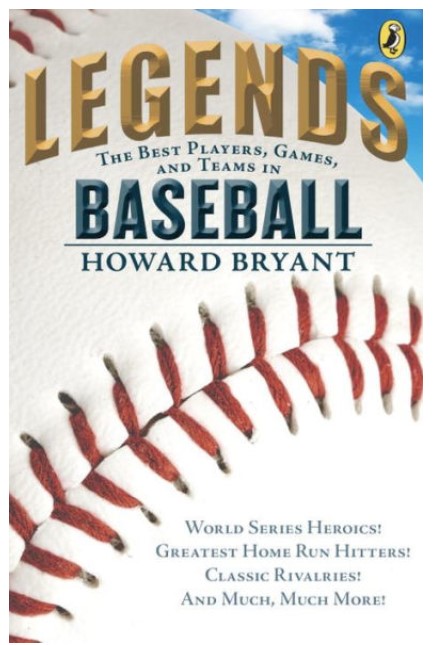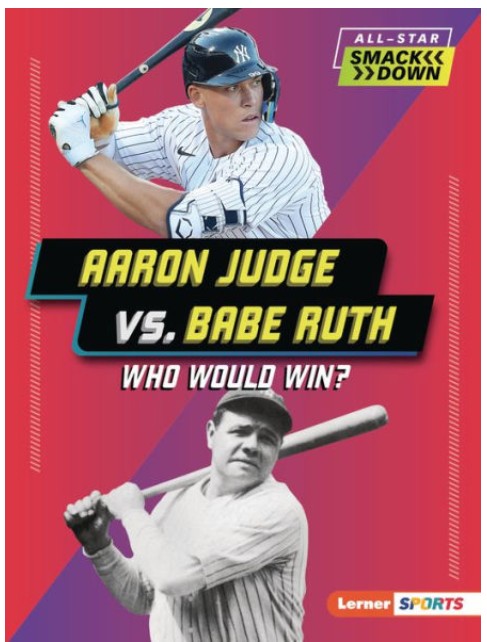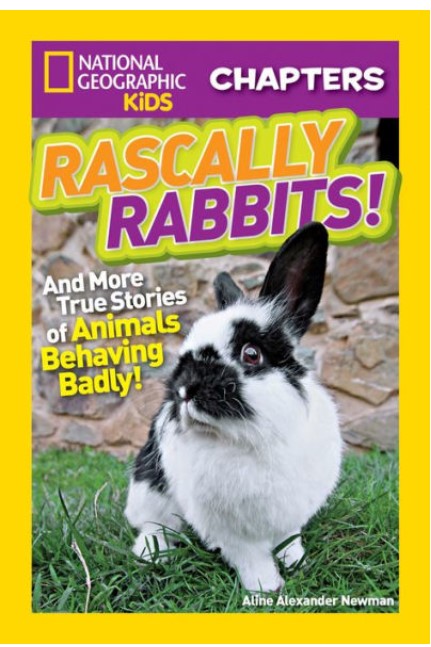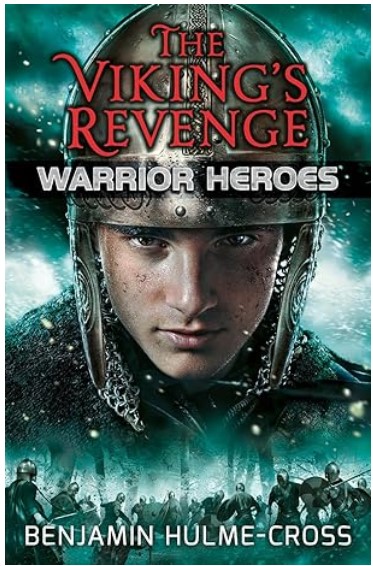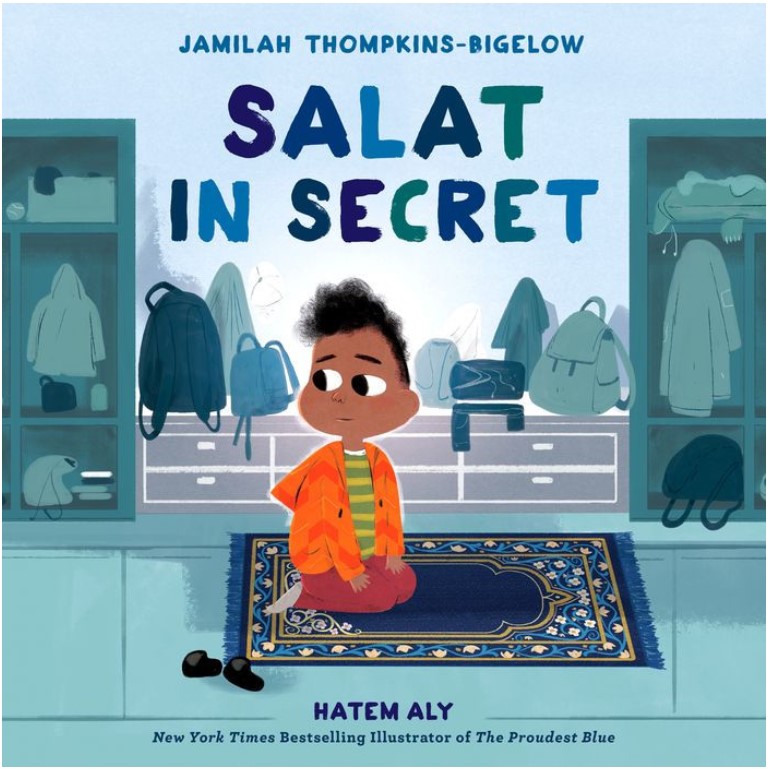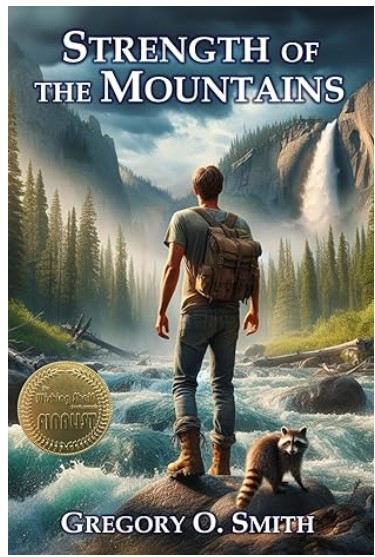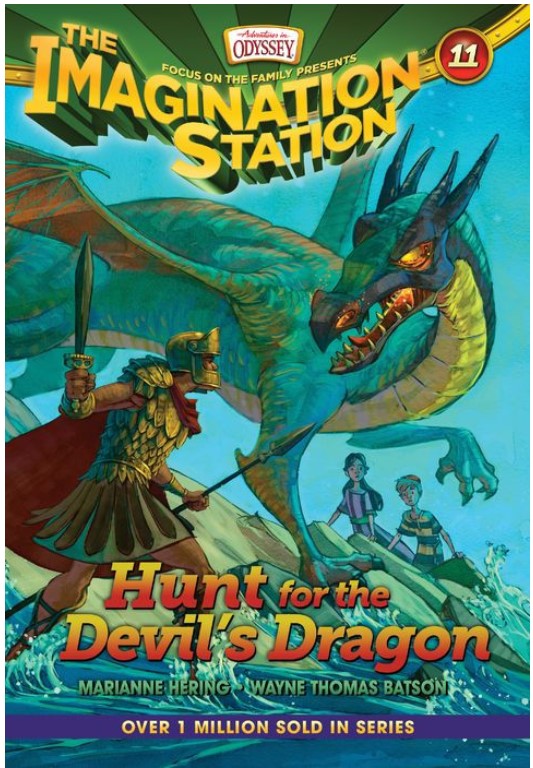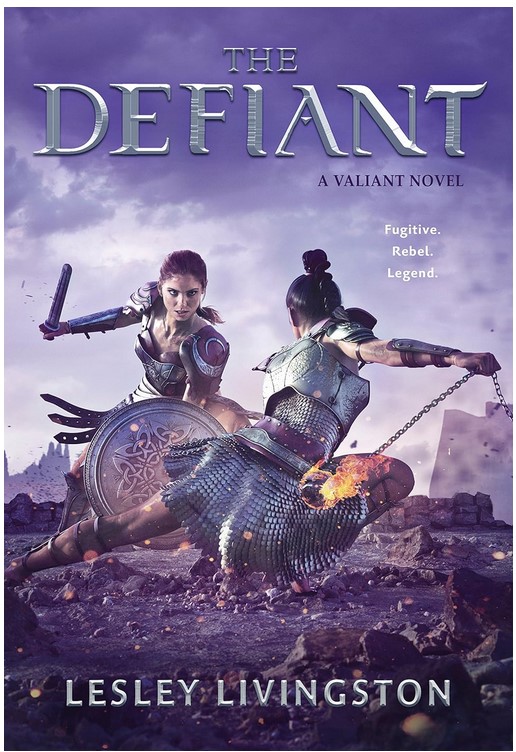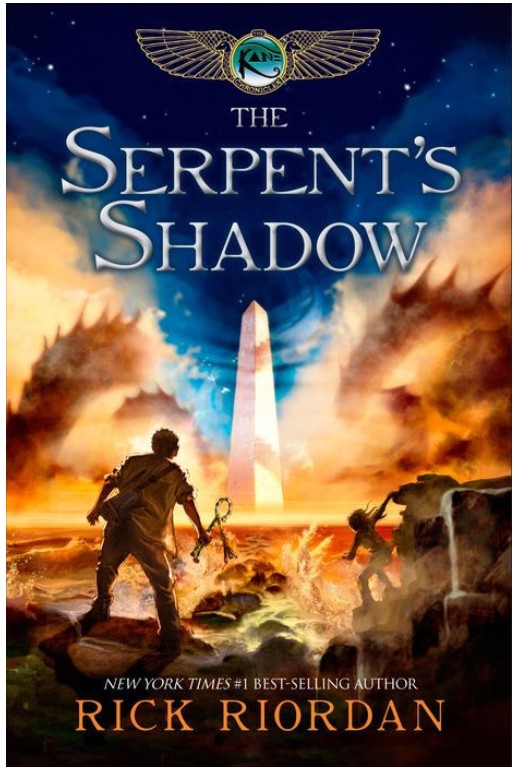Life for thirteen-year-old Ken is difficult. His father is out of work. He thinks his step-mum dislikes him. He often gets into trouble, and the Nazis are bombing his city. But when he is given the chance to be evacuated with ninety other boys and girls, Ken isn’t excited. He wants to stay home. However, Ken’s father says he’s lucky to be chosen to go to Canada aboard the SS City of Benares.
When the children board the luxury ship, Ken can’t believe his good luck. He’s making new friends, eating delicious food, and doesn’t have to endure his stepmom’s glares. When the ship is 600 miles from shore, everyone thinks they’re safe. They’re wrong.
Five days after they leave port, an explosion rocks the ship. They’ve been torpedoed. With the
Baranes sinking quickly, Ken rushes to Lifeboat 12. Ken, five other boys, one woman, and 39 men are all crammed onto one lifeboat. Will Lifeboat 12 be rescued? If not, how will they survive lost in the ocean?
Lifeboat 12 is a gripping story that will keep readers turning pages until the very end. Beautifully written in free verse, every word develops the characters and advances the plot. The author uses alliteration, onomatopoeia, and sense words to give a clear, sharp picture of World War II. Hood describes the events of World War II without showing the gory details of death while keeping the intensity of danger at the forefront.
The story is told from Ken’s point of view and is divided into three sections—Escape, Afloat, and Rescue. Each section describes Ken’s day-by-day experiences. Since the story is told from a thirteen-year-old’s perspective, the descriptions remain appropriate for even younger readers. Ken’s thoughts and emotions add to the intensity of the story and allow the reader to understand his conflicting emotions. The conflict will keep readers engaged; they will want to know if Ken survives his harrowing experience.
Although Ken’s story is fictionalized, the events and many of the character’s words are based on Hood’s research. Even though the story is filled with historical information, the book never sounds like a history book. Instead, Ken’s experiences and observations bring history to life in an engaging story that is difficult to put down.
Hood’s research, which appears at the end of the story, includes more information about Lifeboat 12, photos of the children, and a list of survivors. The research also includes information about the Lascars. Seeing the pictures and reading Hood’s interview notes has an emotional impact on the reader as it is impossible to deny the horrors and the kindness of people. For readers who would like more information about the topic, the book contains a list of interesting websites and videos.
Even though the devastation of World War II is clear, Lifeboat 12 shows the courage and kindness of others. Ken said, “I survived thanks to the kindness of people I didn’t know, people who were all different, people who wanted to help.” Lifeboat 12 is a suspenseful, gripping story that everyone should read, not only for the historical value but because it is a captivating story that will leave you gripping the edge of your seat. Ken’s story will remain with readers for a long time to come.
Sexual Content
- While hiding, Ken hears a woman say, “Sweetheart, of course I love you! But don’t kiss me here! It’s not proper.”
Violence
- The Nazis bomb England several times; however, the bombing is not described in detail. The first time the bombs drop, Ken hears “Boom!” He knows the bombs are close because “blasts shatter the air. The earth shudders. Margaret wails.” The families “huddle under the table. Blasts flash in the dark, momentarily exposing the fear on our faces as the table jumps and the cutlery rattles.”
- During one air-raid Ken’s family goes to a shelter. The shelter is “damp and dark inside, lit only by a candle stuck in a flowerpot, casting eerie shadows on the wall. . . My family and I hunker down, listen to the drone of the planes, the ack ack ack of the antiaircraft guns, then the high-pitched whistle and BAM! Of the bombs.”
- The ship that Ken is on is torpedoed. “BAM! I jolt awake, jumping up in the dark. The floor shudders, the night split with sounds of splintering wood, creaking metal, clattering glass. Then nothing.” As the boat is being evacuated, “two more explosions flash in the night, the light exposing a horror show—people clinging to overturned lifeboats, swimming to overloaded rafts, grabbing at floating deck chairs with flailing arms beseeching hands.” The boat eventually sinks.
- One of the chaperones tells a story about a fictional character, the hero sees a prisoner who “was bent over in pain, a torture device called a thumbscrew beside the coded papers on the table.” The hero “crashes through the window and knocked over the candle. Bulldog landed a punch; Peterson went down. . . Bulldog slung the prisoner over his shoulder. . . and ran through the door. . .”
- One of the men jumps into the ocean even though he can’t swim. Some men try to reach him, “but the waves whisk him away. He surfaces again, coughing and calling, but he’s too far gone. . . with a one-two punch from the sea, he goes down, for the last time.”
Drugs and Alcohol
- One of the chaperones tells a story about a fictional character whose drink had been drugged, causing him to pass out.
Language
- None
Supernatural
- When someone tries to catch a seagull to eat, a man says, “harming a seabird is bad luck, is what it is. . . They carry the souls of dead sailors. Kill one and it’ll be an albatross around all of our necks.”
Spiritual Content
- “As the ship is being evacuated, people pray. Some pray to God. Others pray to Allah.”
- One of the children’s chaperones is Father O’Sullivan. He tells someone “God be with you.”
- Father O’Sullivan and the children, “say grace before and after our meal.”
- One of the men says, “Allah the Compassionate will save us if He so wishes. Or He will send storms if He thinks it best. God is wise.”
- While on the lifeboat, “my friend prays to Allah, and like many of his fellow crewmen, bows to the east five times a day.” Ken sees “other crewmen crossing themselves as Father does.”
- When a ship is near, Father O’Sullivan tells the boys to pray. He says, “Come now, we must help the Lord lead that ship this way.”
- When Ken sees an airplane, he “prayed like I’ve never prayed before.” Others pray as well.
